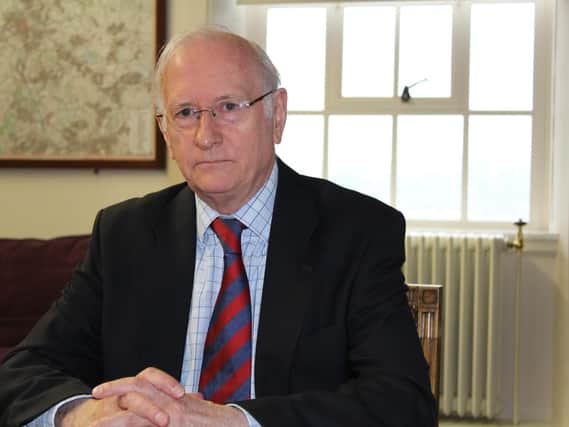More offenders found as police stop and search checks increase


Stop and search checks have been a longstanding policing tactic, but also have a history of controversy because they tend to be focused on neighbourhoods where criminals are most likely to operate locally and that resulted in national guidelines several years ago which saw numbers of checks collapse.
That policy has been reviewed and in South Yorkshire, a programme called See, Know, Suspect has been introduced to encourage police officers to make increased use of the checks '“ where circumstances make that appropriate.
Advertisement
Hide AdAdvertisement
Hide AdIt has seen numbers increase from around 160 per month to 200, with an increasing number leading to someone being arrested, cautioned or dealt with by other means for offences, the county's Police and Crime Commissioner, Dr Alan Billings, has been told in a report.
Historically, police in the county would have expected two out of ten to lead to such action, but that figure has increased to three out of ten, suggesting that in addition to conducting more searches, they are also more accurately targeted at present.
The force's stop and search tactics are expected to be examined during an independent inspection due to take place early next year.
Dr Billings said numbers of stop and search checks had fallen 'catastrophically', by 90 per cent, with the increased statistics starting from a low base '“ but that had been a result of guidance from Her Majesty's Inspector of Constabulary.
Advertisement
Hide AdAdvertisement
Hide AdDr Billings said during community meetings in areas where stop and search checks were likely, mothers attending were keen to see them take place: 'They are very clear they want stop and search to continue, they believe it is a deterrent,' he said, though at a recent meeting in the Zest centre, shortly after an incident which led to a man's death, he conceded some were more guarded and voiced concern the practice could spark opposition to police.
'We don't want to go back to the old ways, where there was real criticism of police for disproportionality,' he said.
'At the moment, I think we have got it about right.'